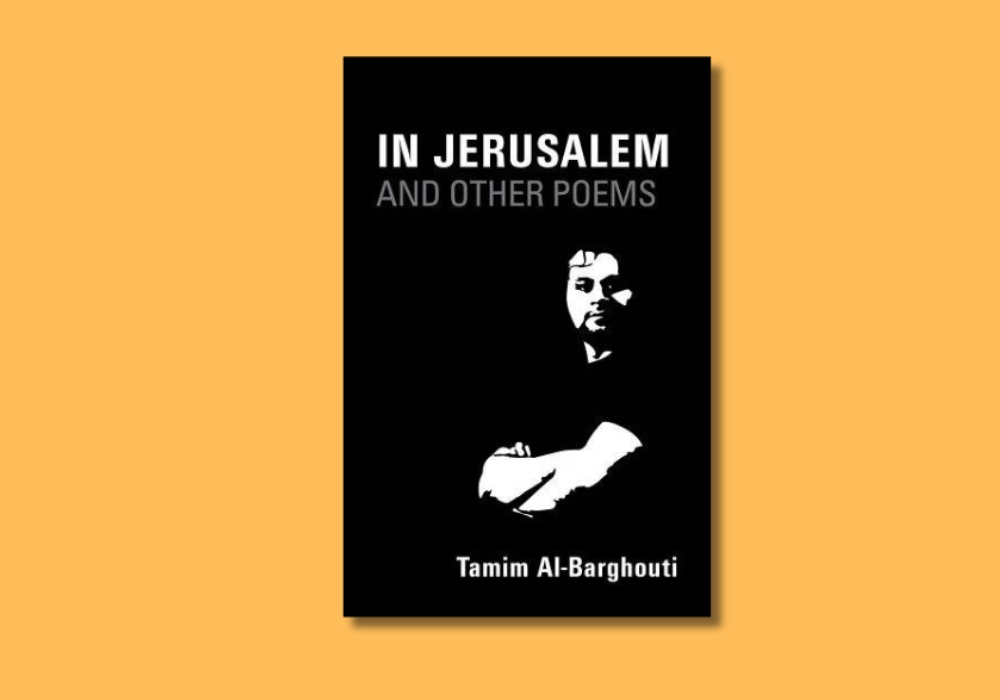Where we share some of what we’re reading around the net…Enjoy
———————-
Interview with Daniel Alarcón at La Bloga on the recent Latin American themed issue of Zoetrope: All-Story that he edited along with Diego Trelles Paz:
“Alarcón: Latin America has changed a great deal in the four decades since the publication of One Hundred Years of Solitude. I’ve tired of seeing the vibrant, dynamic literary output of my peers who work in Spanish interpreted through the single, constricting and somewhat outdated lens of magical realism. I say this as someone who has the greatest admiration for García Márquez, someone who, as a young man, devoured his masterworks with revelatory glee. Still, in the marketplace of Latin American letters in the US, this obsession with magical realism has had the unfortunate effect of erasing nuance and glossing over the great diversity of talent and voices that are out there. In Latin America, the literary conversation has already moved far beyond this, but here in the US it seems that we haven’t yet caught up with the times. This is to be expected, I suppose, given the relative trickle of literary translations that make it to the American market, but that doesn’t make it okay. “
———————-
Here at Words Without Borders an Interview with Adrian Tomine, the editor and designer for the legendary Japanese cartoonist Yoshihiro Tatsumi’s autobiography.
“On a broader scale, I was just awed by the scope of Tatsumi’s story… the way it focuses on the intimate details of his personal life, then pulls back to depict the dynamics of his family, then pulls back to show what the comics industry was like, and then pulls back to talk about larger cultural and historic events in Japan. At least in terms of what’s been done in North American autobiographical comics, this is a fairly innovative and novel approach.”
[link to the interview here at Words Without Borders]
———————-
Bryn Haworth’s look at My Uncle Napoleon by Iraj Pezeshkzad (translated by Dick Davis) begins…
“It’s not every day you stumble upon something funny coming out of Iran. Those with a grim sense of humor might find some of the President’s views comic, but it’s hard to laugh at clowns who have such power in their hands.
The beauty of My Uncle Napoleon is that it is blissfully funny. Though it has the slapstick mayhem of many Egyptian comedies, it is more than pure farce. And although it has debts to European literature – My Uncle is very much like Don Quixote, or Sterne’s Uncle Toby (he even has his own Corporal Trim) – it is not a plagiarizing tribute to the classic comic novel. This is a book that manages to create memorable and believable characters while shamelessly sending them up, loading them with catchphrases and putting them in bizarre situations. Behind all its tomfoolery lie the serious issues of love, sexuality and, most importantly, paranoia on a grand scale.”
[link to Hayworth’s review at Open Letters Monthly]
———————-










